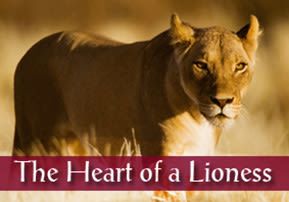
Vayeshev: The Heart of a Lioness
They were about to burn Tamar; she didn't try to defend herself, because she had the heart of a lioness. She preferred endangering her life rather than embarrassing Yehuda…

Parshat Vayeshev
OUTER DISGRACE – INNER PRAISE
“It was told to Tamar, saying, Behold your father-in-law goes up to Timnah to shear his sheep. She put off her widow's garments, and covered herself with a veil, wrapped herself, and sat by the entrance to Enayim, which is by the way to Timnah; for she saw that Shelah was grown, and she was not given to him as a wife” (Bereishit 38:13-14). According to Abarbanel, the many coincidences that led to the union between Yehudah and Tamar alluded to the fact that Hashem was at work behind the scenes. Malbim explains that besides discerning that Shelah had grown, Tamar also realized that Yehudah's wife had died and that he was, therefore, free to fulfill the mitzvah of yibum (levirate marriage). It was, moreover, clear to her that Yehudah had already been consoled, since he went up to shear his sheep, an event usually accompanied by joyous partying. Tamar sat at the Entrance of the Eye (Petach Enayim) in order to meet Yehudah and convince him to marry her. Sforno points out that her intentions were for the sake of Heaven. She prophetically understood that Mashiach had to be born from the union between herself and Yehudah, for he was more perfect than Shelah.
THE ANGEL OF HER PRAYER
“He turned to her by the way, and said, ‘Come now, please, let me come in to you,’ (for he knew not that she was his daughter-in-law)” (ibid. 16). The Torah did not state the usual “He went to her,” but rather “He turned to her.” Ba’alei Tosfot explains that Yehudah wanted to pass by, when Tamar lifted her eyes and prayed: “Ribon HaOlamim, (Master of the Universe) do I not have the merit to bring forth a wise son from this tzaddik?” Immediately G-d sent the angel Michael to turn him back. Thus, Tamar's prayers had the power to create an angel that influenced the will of Yehudah. As the Midrash says, Yehudah wanted to pass on, when Hashem sent the angel in charge of physical desire. He said to him; “Yehudah where are you going? Where are kings standing? And from where do the great come forth?” “He turned to her by the way” (Bereishit 38:16) – “against his will” (Midrash Raba 85:8).
THE HEART OF A LIONESS
“It came to pass about three months after, that it was told to Yehudah, saying, Tamar your daughter-in-law has  played the harlot; and also, behold, she is with child by harlotry. And Yehudah said, bring her out, and let her be burned” (Bereishit 38:24). Tamar could have removed any suspicion from herself by directly stating that she was pregnant from Yehudah. Although they were taking her to be burned, she didn't try to defend herself, because she had the heart of a lioness. She preferred endangering her life rather than embarrassing Yehudah (Sforno, Bereishit 38:25). From Tamar, our Sages learn that a person should rather let himself be burned than embarrass someone in public (Rashi, ad loco). She could, however, have saved herself from danger while simultaneously avoiding embarrassing Yehudah in public by simply explaining the whole matter to Yehudah privately.
played the harlot; and also, behold, she is with child by harlotry. And Yehudah said, bring her out, and let her be burned” (Bereishit 38:24). Tamar could have removed any suspicion from herself by directly stating that she was pregnant from Yehudah. Although they were taking her to be burned, she didn't try to defend herself, because she had the heart of a lioness. She preferred endangering her life rather than embarrassing Yehudah (Sforno, Bereishit 38:25). From Tamar, our Sages learn that a person should rather let himself be burned than embarrass someone in public (Rashi, ad loco). She could, however, have saved herself from danger while simultaneously avoiding embarrassing Yehudah in public by simply explaining the whole matter to Yehudah privately.
 played the harlot; and also, behold, she is with child by harlotry. And Yehudah said, bring her out, and let her be burned” (Bereishit 38:24). Tamar could have removed any suspicion from herself by directly stating that she was pregnant from Yehudah. Although they were taking her to be burned, she didn't try to defend herself, because she had the heart of a lioness. She preferred endangering her life rather than embarrassing Yehudah (Sforno, Bereishit 38:25). From Tamar, our Sages learn that a person should rather let himself be burned than embarrass someone in public (Rashi, ad loco). She could, however, have saved herself from danger while simultaneously avoiding embarrassing Yehudah in public by simply explaining the whole matter to Yehudah privately.
played the harlot; and also, behold, she is with child by harlotry. And Yehudah said, bring her out, and let her be burned” (Bereishit 38:24). Tamar could have removed any suspicion from herself by directly stating that she was pregnant from Yehudah. Although they were taking her to be burned, she didn't try to defend herself, because she had the heart of a lioness. She preferred endangering her life rather than embarrassing Yehudah (Sforno, Bereishit 38:25). From Tamar, our Sages learn that a person should rather let himself be burned than embarrass someone in public (Rashi, ad loco). She could, however, have saved herself from danger while simultaneously avoiding embarrassing Yehudah in public by simply explaining the whole matter to Yehudah privately. BECOMING WORTHY OF MASHIACH
According to Eliyahu Kitov, Tamar understood that certain matters still had to be purified before her sons could see the light of the world. Both she and Yehudah needed to prove that they deserved to become parents of kings. She had to be willing to sacrifice her life, rather than cause embarrassment to a fellow Jew; and Yehudah had to renounce his honor, for the sake of truth. Tamar realized that if these two tikunim (rectifications) were not made she would have no further purpose in the world and death would be unavoidable. If, however, she could demonstrate strength and willingness to lose everything, and Yehudah would be willing to undergo immense embarrassment by publicly admitting that he was wrong, his humiliation would then be transformed to everlasting honor. For this reason, Tamar took upon herself the difficult test of keeping the whole truth to herself. She understood that the difference between complete destruction and total bliss depends on a hair's breadth. When Tamar learned that Yehudah went up to Timnah; the Torah states, “It was told to Tamar.” The same language, “It was told to Yehudah” informed him that Tamar was pregnant. This alludes to the fact that the same “Maggid” (heavenly reporter) was sent to test them both. Each of them was given the opportunity to prove that they were worthy to become parents of Mashiach.
MORE RIGHTEOUS FROM ME
Yehudah passed his test when he publicly announced Tamar's righteousness. His exclamation: “Tzadka mimeni!” is usually translated, “she is more righteous than me” (Bereshit 38:26). Yet, it can also be understood: “She is righteous. From me – (mimeni) [is she pregnant]”. A third possibility is that the word “from me” is proclaimed by a Heavenly voice. “From Me and by My agency have these things happened.” Since she proved herself a modest woman while in her father-in-law's house, I have ordained that kings shall descend from her. I have already ordained that kings shall rise up in Israel from the tribe of Yehudah. Therefore, I have brought it about that these two persons who are to be the ancestors of kings should unite (Rashi ad loco, based on Bereishit Rabah 85:12).
HUMBLE ORIGINS
Rabbi Eliyahu Kitov explains that when Hashem was planting the first sprout of the kingdom of Israel, He ensured it would be planted with no one's intentions but His own. The king brought into being in this manner would remain unassuming because of his humble origin. Sometimes deeds that seem immoral are completely pure and for the sake of Heaven. Actually, most of the circumstances bringing about Mashiach seem, on the surface, to be anything but holy; from the incident of Lot’s daughters and Tamar dressed up as a harlot, to Ruth the Moabitess lying down on the threshing floor at Boaz’s feet. The holier something is, the more obstacles prevent it from being carried out. The only way to circumvent the negative forces is through disguise, like Tamar, as the Chafetz Chayim teaches in his commentary on Parashat Vayeishev, “The lesson of the story is that the Satan prevents the most high and lofty matters. Therefore, there is no other advice except to make the way crooked. In the straight way, the Satan would have accused and nothing could have been achieved. The same is true of Oved, the grandfather of David, who came forth from Ruth the Moabitess”. While, it is not our job to deliberately “make the way crooked,” we must learn not to judge others as G-d brings about the sprout of Mashiach in unexpected and hidden ways.
***
Rebbetzin Chana Bracha Siegelbaum is Director of Midreshet B’erot Bat Ayin in Gush Etzion. This article is an excerpt from her book Women at the Crossroads: A Woman’s Perspective on the Weekly Torah Portion, reviewed by The Jerusalem Post, The Jewish Press, Voices Magazine, Good Reads, and WordPress/JewishPress and more. To order this book, click here)



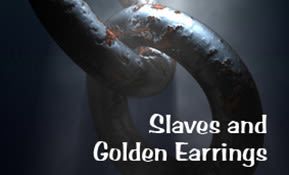

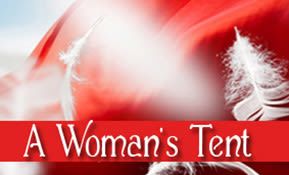
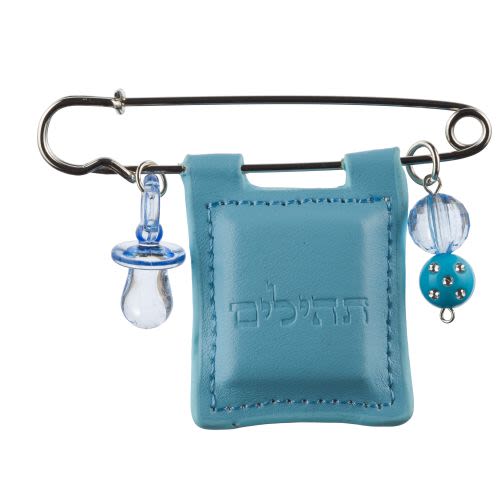

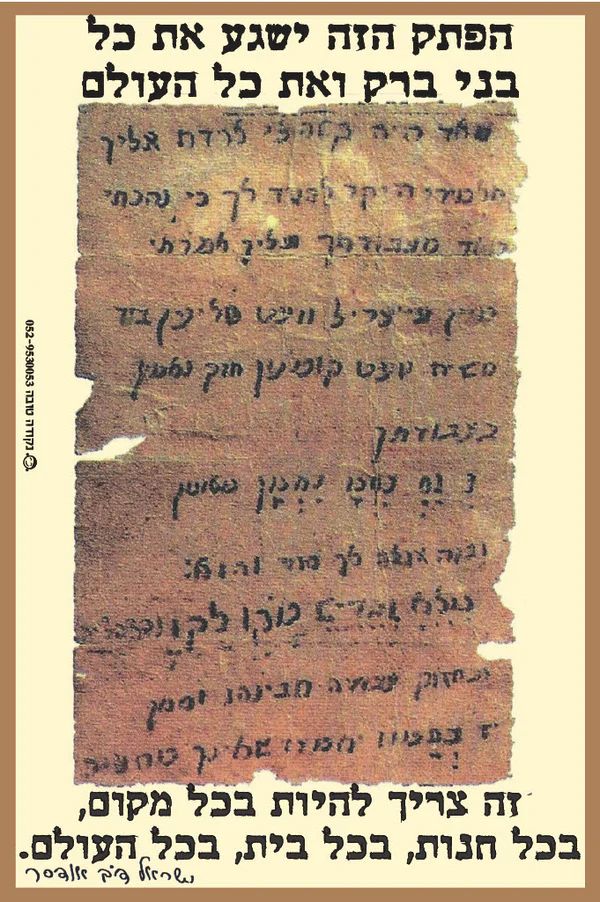
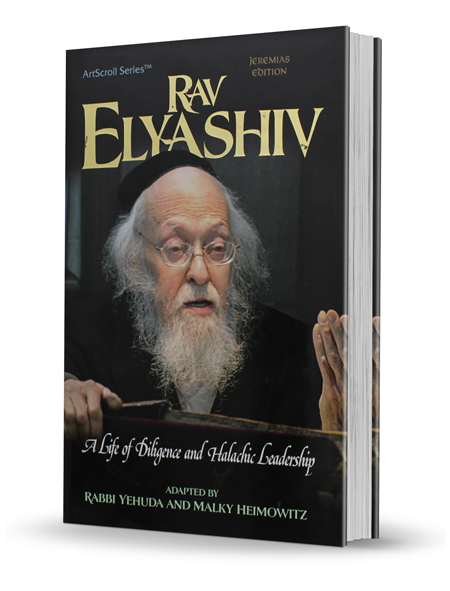
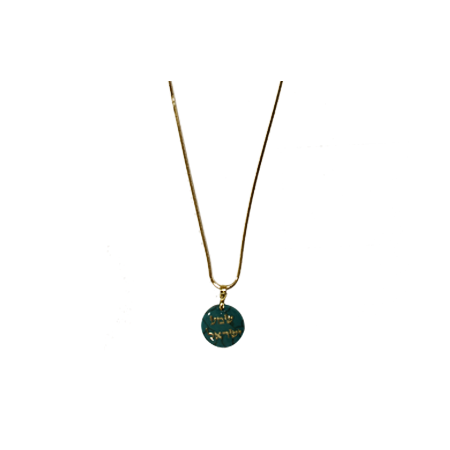
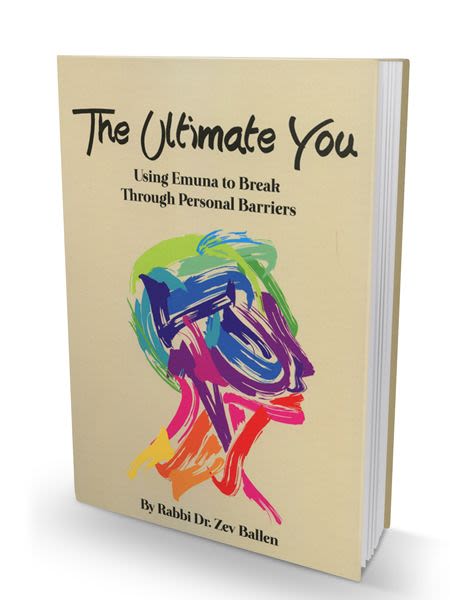
Tell us what you think!
Thank you for your comment!
It will be published after approval by the Editor.